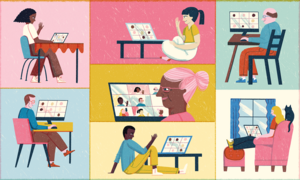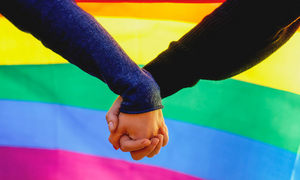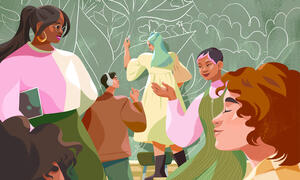article
Teaching Digital Literacy This Election Season

As disinformation about the 2020 election continues to spread, these resources can help you teach students about evaluating sources, recognizing "fake news" and becoming critical consumers of online information.





